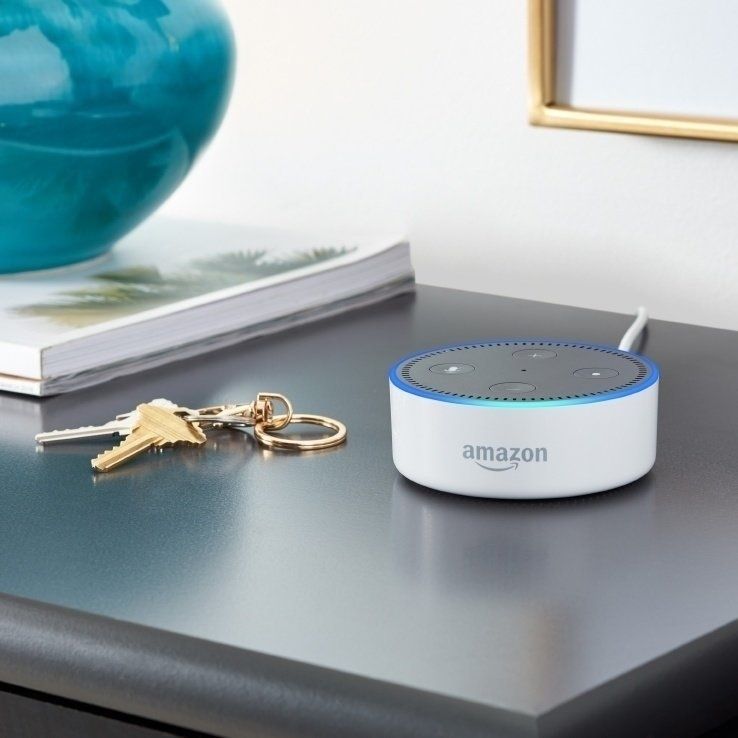Half of US adults believe smart home devices record conversations to send targeted ads
Almost half of smart home device owners believe their private conversations are being recorded so they can be sent targeted adverts.
This is the result of a survey of just over 1,000 American adults about smart home devices like Amazon Echo and Google Home smart speakers.
Read More:
- Google Home Mini caught constantly spying in owner's bathroom
- Amazon fixes bug causing Alexa to laugh for no reason
- Is Alexa a privacy concern? US Senators demand answers from Amazon boss
Those who took the survey were given the statement: "My smart home devices record my private conversations to send me targeted advertising", and asked whether they believed it, did not believe it, or were unsure.
Just under a third (31.9 percent) said they did not believe the statement, while 48.9 percent said they did, and the remaining 19.2 percent said they were unsure. When asked specifically about smart cameras, just 36 percent of people said they trusted the devices.
This stat echoes recurring claims that Facebook and other social networks secretly record conversations on our smartphones and serve up adverts based on the topics we discuss. Facebook has repeatedly said this is not the case, most recently when CEO Mark Zuckerberg told U.S. senators in April 2018 that the social network does not use smartphone microphones in this way.
The survey was conducted for Porch, a smartphone app-based home improvement service for hiring home maintenance and improvement specialists. The 1,023 respondents were aged between 18 and 76, with an average age of 36; 49.1 percent were male and 50.9 percent were female.
It was also found that almost a quarter (24 percent) of respondents said they generally do not trust their smart home device, with trust (and ownership of such devices) decreasing with age. A full 70 percent of Millennials trust their smart home devices, but this figure falls to 62.4 percent for Generation X, and 56.5 percent for Baby Boomers.
Consumers have a right to be concerned. Although devices like the Amazon Echo and Google Home claim to only record our voices once they have heard the 'wake word' — such as 'Alexa' or 'hey Google' — there have been mistakes.
When Google launched the new Home Mini in 2017, a device lent to a journalist was discovered to be recording almost constantly, due to a fault in the way it was only supposed to listen when touched. Google quickly took the device away and issued a software update, killing the touch-to-listen feature on all Home Minis.
Amazon was recently forced to explain how an Echo speaker had recorded a private conversation between its owners and sent the audio file to a random contact.
The survey also touches on a recent incident where the Alexa assistant of Amazon's Echo smart speakers was seemingly laughing for no reason. Seven percent of respondents said their Echo had randomly laughed at them, while 38 percent of everyone questioned for the survey said they did not believe Amazon's explanation that the Echo has mistakenly heard the phrase "Alexa, laugh".
This week, U.S. senators Jeff Flake and Chris Coons wrote to Amazon chief executive Jeff Bezos, demanding answers to 29 questions about how Alexa works, how Echo speakers record our voices, and what happens to these recordings.
Trust of technology giants like Amazon, Google and Apple is an issue for consumers. The survey found that 64 percent of US adults trust Amazon, while just 54.7 percent said the same about Apple. When asked more specifically if they trusted the companies not to misuse their personal information, just 41 percent said they trusted Amazon to do so. Microsoft's figure was only 28 percent, despite being a much smaller player in the smart home industry.
